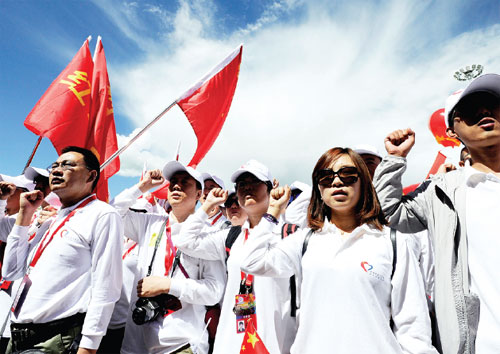Mountain medics provide high standards at low cost
Updated: 2015-08-05 07:45
By Li Yang(China Daily)
|
||||||||
|
|
Buchang Pharma, a drug company headquartered in Beijing, donated medicine worth 9 million yuan ($1.5 million), which was transported to the 35 towns by the township governments. All the drugs had been prescribed within one week of arrival.
The visiting medics also set up a public health school in Ma'erkang county, the home of the prefecture's government. Hospitals in larger cities will regularly send physicians to the school, or use the Internet to train and consult with local practitioners.
In July, two academicians from the Chinese Academy of Sciences gave the school's first training session, which focused on the treatment and prevention of heart and cerebral diseases, and gynecology.
"The purpose of setting up this health school is to make good use of modern technology and the resources in big cities to help underdeveloped areas and establish a permanent medical team for the people," said Wang Longde, the school's principal and an expert in epidemiology. The school is open to all the practitioners at Aba's township clinic because they take on most of the minor cases in the area.
A lucky find
"I found some brand-new physiotherapy equipment in unopened, dust-covered boxes in the warehouse of the township clinic. The local doctors said they didn't know how to use the machines, but a large number of patients with bone and skin complaints needed the therapy," said Ding Yonghong, a physiotherapy expert from the Babaoshan Community Clinic in Beijing, who treated hundreds of patients in Chali.
Ding and her assistant Yin Yuanyuan moved the equipment to their treatment rooms, and spent half a day teaching two local doctors how to use it. A lack of familiarity with the equipment meant the locals were wary of touching it, according to a 20-something physician. "We were worried we might damage the expensive equipment the central government supplied, so we just left it alone. I really appreciate Dr Ding's help," she said.
Yin said she and Ding were pleased that the equipment will now be put to good use. "On the morning of the first day, Ding and I were too busy to drink even a drop of water. To ensure that all the patients in the waiting room had access to therapy, we had to shorten the treatment time. Now, two of our local colleagues have learned to use the machines, so we are relieved that the equipment will not stand idle."
After just 15 minutes of radiotherapy, Gomyn, a 92-year-old Tibetan monk, reported a marked reduction in the pain in his leg. He gave Ding a thumbs-up even before he'd climbed off the treatment couch.
With one of the local physicians acting as a translator, the old monk said he deeply appreciated Ding's help and was extremely surprised at the beneficial effects of the radiotherapy, a treatment he hadn't experienced before. "I will come for therapy again in the future," he said.
Lou Lou, a gynecologist from Shanghai, felt nauseous and faint after examining several women in Chali. Tibetan women are extremely shy, so they rarely remove their clothes to wash. They apologized repeatedly for their pungent body odors.
"I just told them to pay attention to their personal hygiene every day, and to not sit directly on damp, cold grassland," Lou said. "If they follow my suggestions, they can avoid many of their problems."
Speaking via an interpreter, Droma, a Tibetan in her mid-40s, said: "I know what Dr Lou said is right. But I work on the grassland during the summer and autumn season every year. Hygienic conditions are poor and we Tibetan women just sit on the grassland directly while milking yaks and doing the other work. We've done it for generations, and we never bring a stool with us."
Jamuco, a 30-something Tibetan who works as an official for the Chali township government, said things are changing for the better. "The young people pay more attention to health and lifestyle issues than the older generation. It takes time for changes to come through, but I can already see some positive changes have already occurred through the evolution of the nomadic civilization and the development of Tibetan society."
Contact the writer at liyang@chinadaily.com.cn
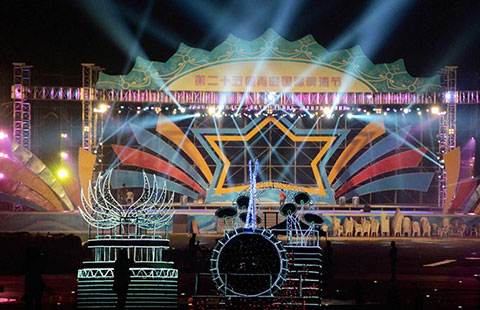
 Tsingtao gets ready for huge beer festival in China
Tsingtao gets ready for huge beer festival in China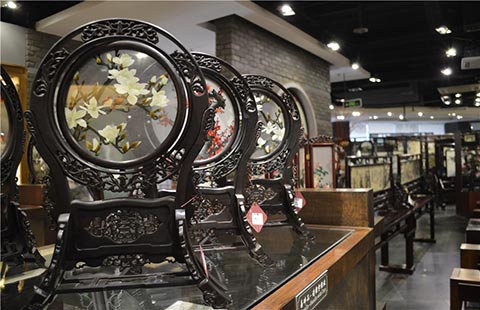
 Stunning Shu brocade and embroidery techniques
Stunning Shu brocade and embroidery techniques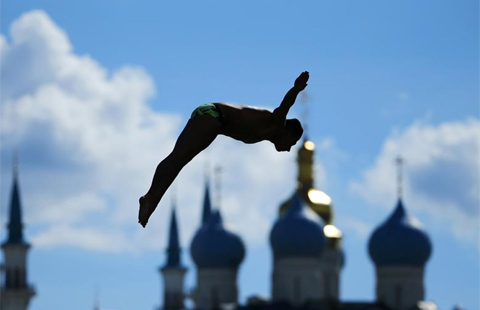
 Kazan games: Diving in the sky
Kazan games: Diving in the sky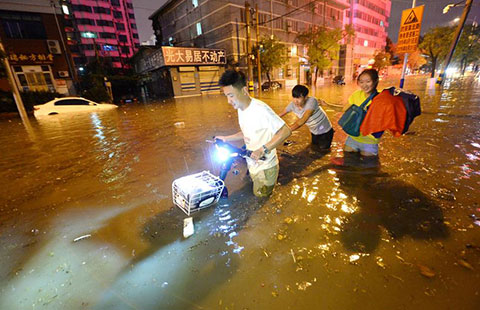
 Torrential rain wreaks havoc in Jinan
Torrential rain wreaks havoc in Jinan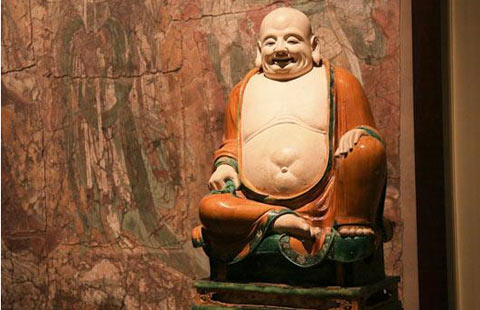
 A glimpse of Chinese cultural relics in foreign museums
A glimpse of Chinese cultural relics in foreign museums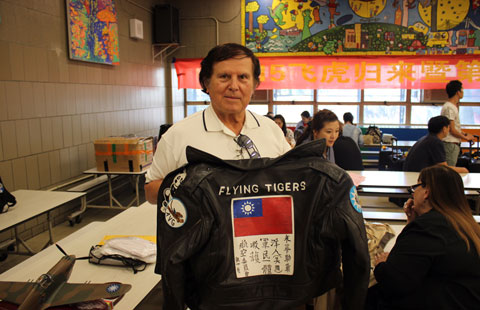
 Flying Tigers show in New York
Flying Tigers show in New York
 Kobe Bryant frenzy grips Guangzhou
Kobe Bryant frenzy grips Guangzhou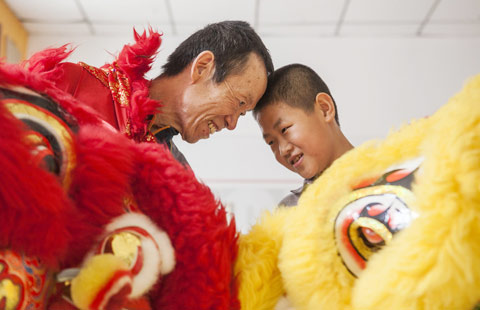
 Three generations keep traditional lion dance alive
Three generations keep traditional lion dance alive
Most Viewed
Editor's Picks

|

|

|

|

|

|
Today's Top News
Obama issues challenge on climate change
GOPs begin pivotal debate week
Negotiation seen as key to China, US cyber solution
Beijing plans 'Silicon Valley' park for traditional culture
Obama issues challenge on climate change with power plant rule
China role crucial in UN plan
Biden associates resume discussion about presidential run
Malaysia seeks help to widen search for MH370
US Weekly

|

|
